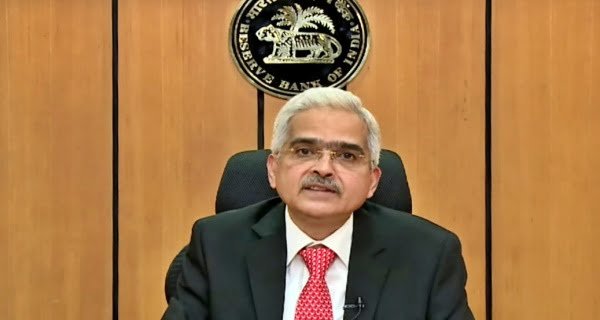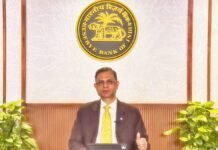
New Delhi: Now the RTGS (Real Time Gross Settlement System) facility in the country will start working 24 hours and seven days from 12:30 pm on Sunday, 13 December. Reserve Bank of India (RBI) Governor Shaktikanta Das gave this information. He tweeted that from 12:30 pm on December 13, the facility of RTGS will be available 24 hours a day. Congratulations to the team for starting this service. He said that in the Corona period, online transactions have increased significantly. Therefore it has been decided.
Shaktikanta Das had indicated a few days ago that the RTGS service will be reduced to 24X7. Explain that after this India will join the selected countries where this facility works 24X7. According to international standard, the next date starts after 12 pm, so it will be assumed that in India, this system will become a full-time system from December 14.

In October itself, the Reserve Bank had announced to make the RTGS system a 24-hour system. Earlier, NEFT has also been made a system to work for 24 hours. At the time when it was announced, at the same time RBI had said that soon RTGS facility will also be 24X7. RTGS is a system used for electronic transactions of large amount. While up to two lakh rupees online transactions can be done from NEFT.
What is RTGS and NEFT
RTGS was started on 26 March 2004. At that time only four banks used to provide payment facilities. The RTGS system currently works from 7 am to 6 pm on all working days of the week except the second and fourth Saturday of every month. Currently, 6.35 lakh transactions are done daily through RTGS. About 237 banks across the country complete transactions worth Rs 4.17 lakh crore daily through this system. In November, an average transaction of Rs 57.96 lakh was done from RTGS.
Another rule will change from January 1
Shaktikanta Das said that to increase digital payments in a secure manner, the limit of transactions that can be done without contact through UPI or card will be increased from Rs 2,000 to Rs 5000 from January 1, 2021. This will apply to both debit and credit cards. This means that for transactions up to 5000, you will not need a PIN. Earlier only 2000 rupees could be swapped without PIN.





















































